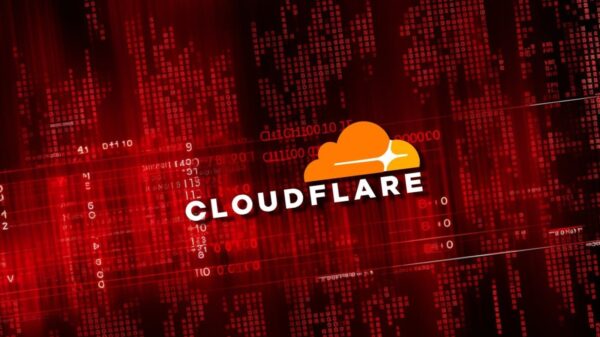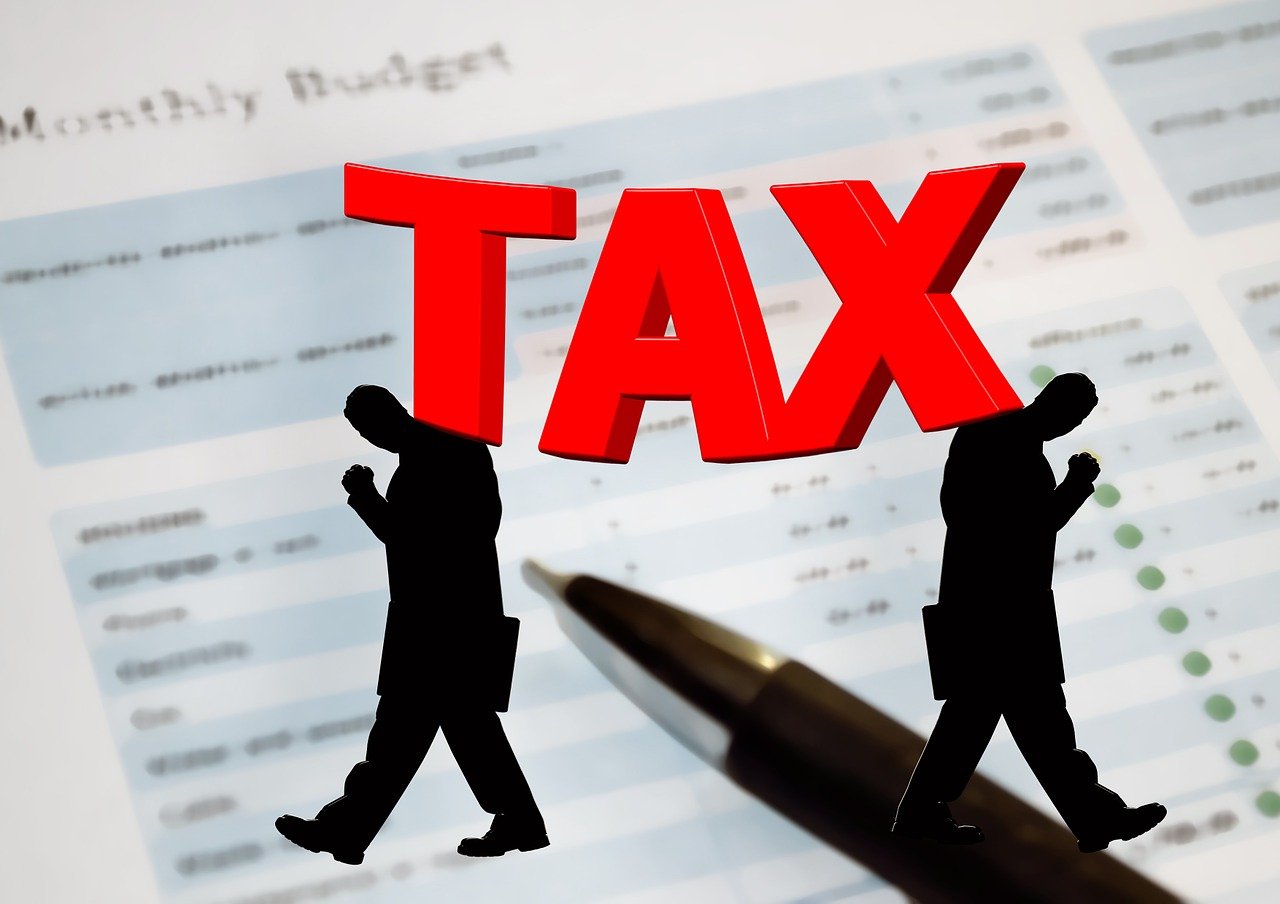Electric vehicles (EVs) are emerging as a viable option for small and midsize businesses in Michigan. With benefits including reduced fuel costs, lower maintenance requirements, and a smaller environmental footprint, EVs are becoming increasingly attractive for commercial use. State and federal incentives, particularly those introduced under the Inflation Reduction Act, can significantly offset the initial investment, making it essential for businesses to navigate these tax credits effectively.
Understanding the Commercial Clean Vehicle Credit
The commercial clean vehicle credit allows businesses to receive up to $7,500 in federal tax credits for each eligible EV. This credit applies to both purchased and leased vehicles, providing flexibility depending on a business’s financial strategy. Unlike consumer-level credits, the commercial credit has no income limits or manufacturer restrictions. To qualify, businesses must primarily use the vehicle within the United States and cannot purchase it for resale.
Leasing may offer additional benefits, as some lessors choose to pass along the savings from the credit to lessees, resulting in lower monthly payments. This makes leasing an appealing option for smaller businesses aiming to minimize upfront expenses while still enjoying the advantages of an electric fleet.
Maximizing State and Utility Incentives
While Michigan does not currently provide a state-level EV tax credit, businesses can explore other financial incentives offered by utility companies. These may include rebates for charging equipment or discounted electricity rates during off-peak hours. Engaging with local utility providers or regional economic development offices can uncover additional resources that support the infrastructure necessary for efficient EV operations, such as commercial charging stations.
By staying informed about Michigan-specific programs, businesses can stack these benefits on top of federal credits, leading to greater financial savings over time. Regular reviews of available incentives are crucial, especially as policies evolve.
Importance of Professional Guidance
Navigating the complexities of state and federal incentives can be daunting. Collaborating with a local professional, such as a Michigan EIN accountant, is vital for ensuring compliance with tax regulations and maximizing available credits. These accountants can assist in tracking eligibility, filing necessary forms, and maintaining accurate records to support claims.
Claiming EV-related credits often extends beyond simply submitting a standard deduction. It may involve providing manufacturer documentation, business use certifications, and adhering to specific timing requirements. Attention to detail is critical; overlooking a single requirement can lead to delays or disqualification of credits.
Integrating EV Costs into Business Planning
Transitioning to EVs represents a significant investment, making it essential for businesses to incorporate EV-related costs into their long-term budgets. This includes vehicle purchases, charging stations, and anticipated maintenance savings. A well-structured financial model allows businesses to project their return on investment (ROI) accurately and identify funding needs before they become pressing.
For many companies, the shift to EVs is a multi-year process, aligning vehicle purchases with funding cycles or growth milestones. This proactive planning helps ensure that the transition supports broader business objectives.
Maintaining Comprehensive Documentation
Thorough documentation for each qualifying vehicle is critical for claiming federal EV tax credits. This includes purchase receipts, manufacturer certificates, vehicle identification numbers (VINs), and records detailing how the vehicles are utilized in business operations. The IRS may request these documents during audits or if a credit is flagged for review.
In addition to federal requirements, organized records are essential for supporting claims for state or utility incentives. Some programs may require pre-approval, post-installation inspections, or timely submission of follow-up documentation. Proper record-keeping not only safeguards a business but also streamlines the filing process.
Exploring Leasing and Used EV Options
Businesses do not need to purchase EVs outright to benefit from available incentives. Leasing represents a smart alternative, particularly as the federal commercial clean vehicle credit can be claimed by the lessor. Leasing companies may offer lower monthly payments, making EVs more accessible for small businesses.
Additionally, as the market for used electric vehicles expands, opportunities to acquire pre-owned EVs at lower prices are increasing. While used commercial EVs currently do not qualify for federal credits, they can still yield substantial savings on fuel and maintenance.
Adopting electric vehicles transcends environmental responsibility; it presents a financial opportunity when approached strategically. By leveraging federal and state incentives, collaborating with local advisers, and planning ahead, Michigan’s small and midsize businesses can navigate the EV landscape confidently. With the right strategy, organizations can reduce their tax burden while contributing to a more sustainable future.





































































